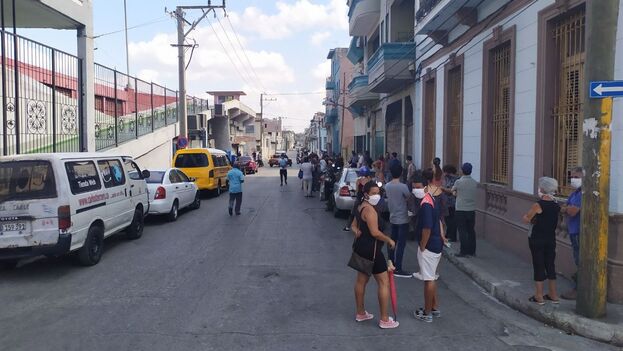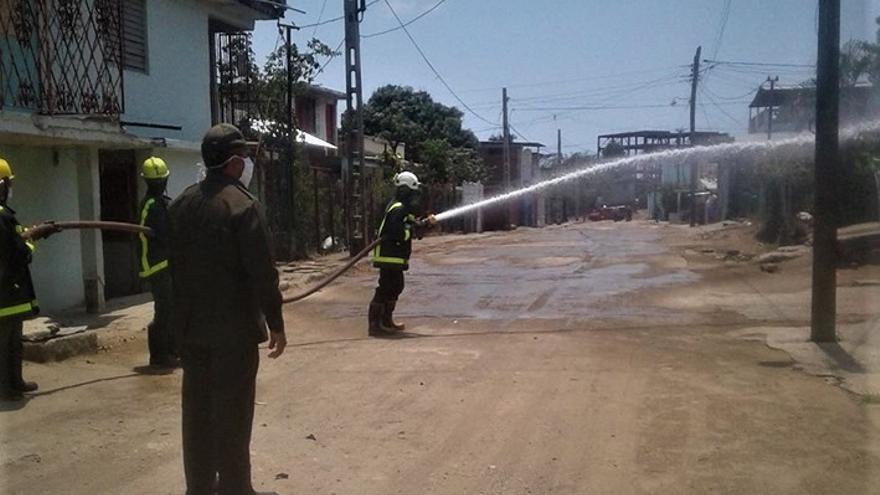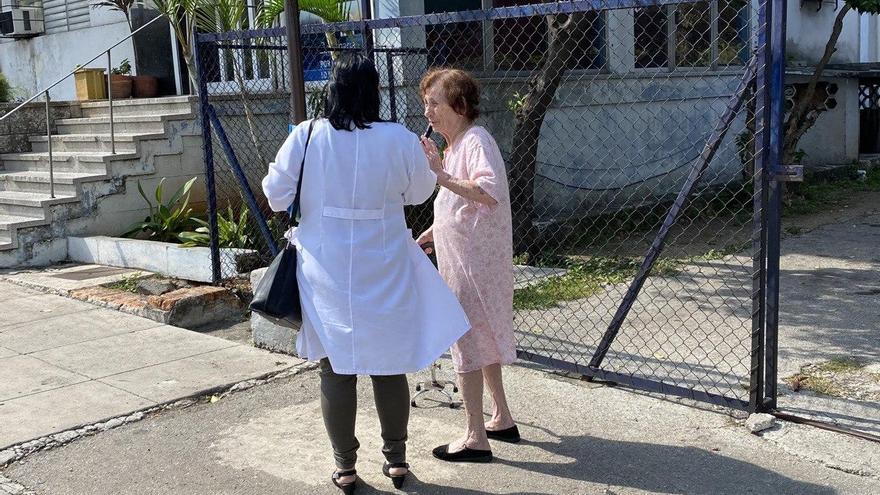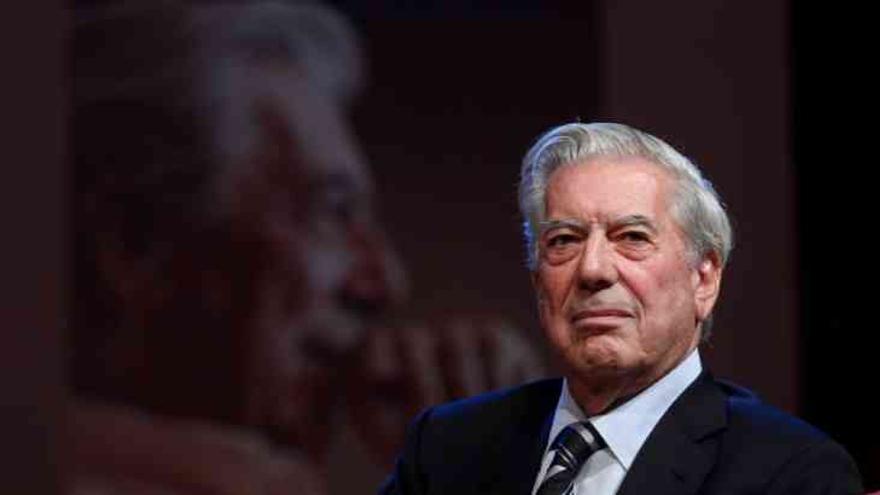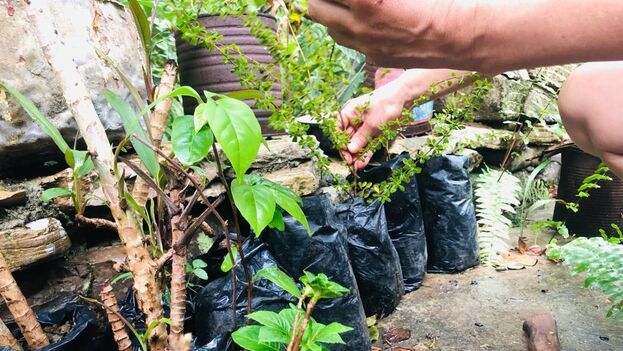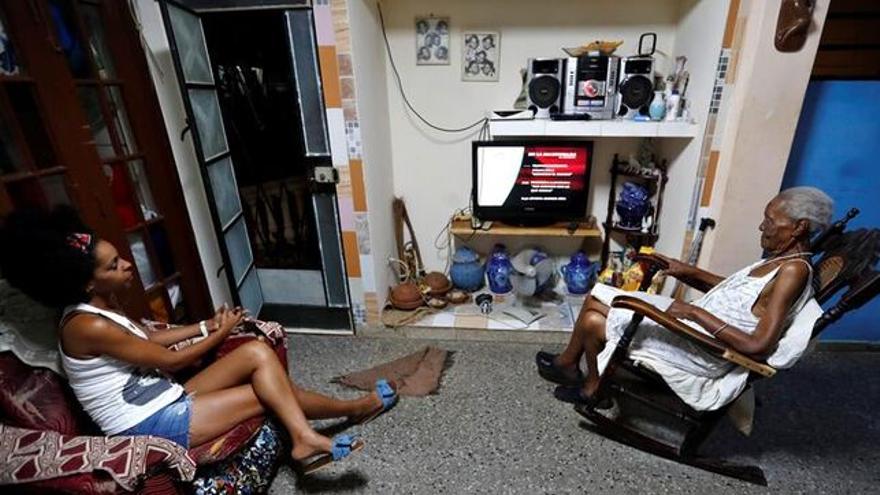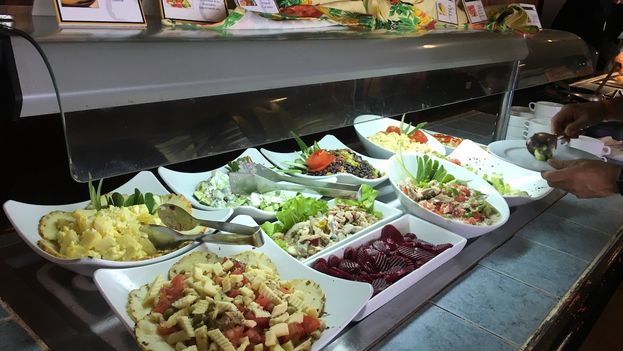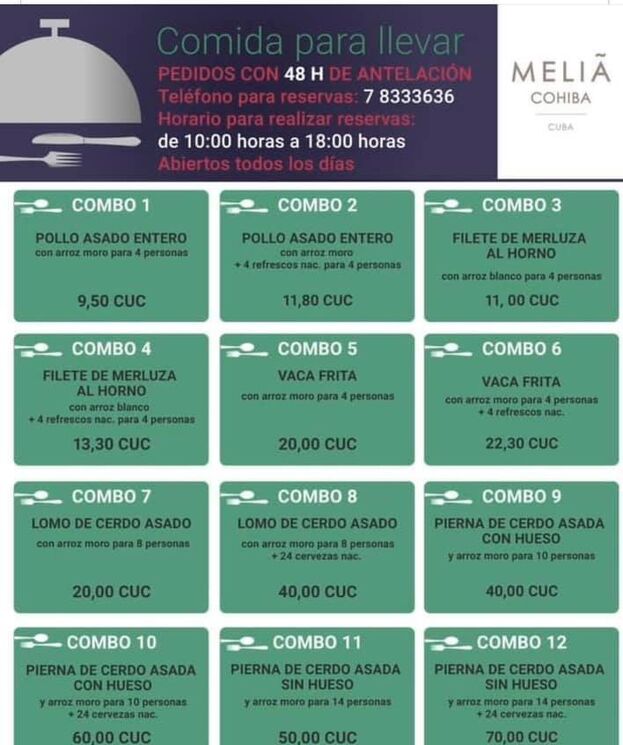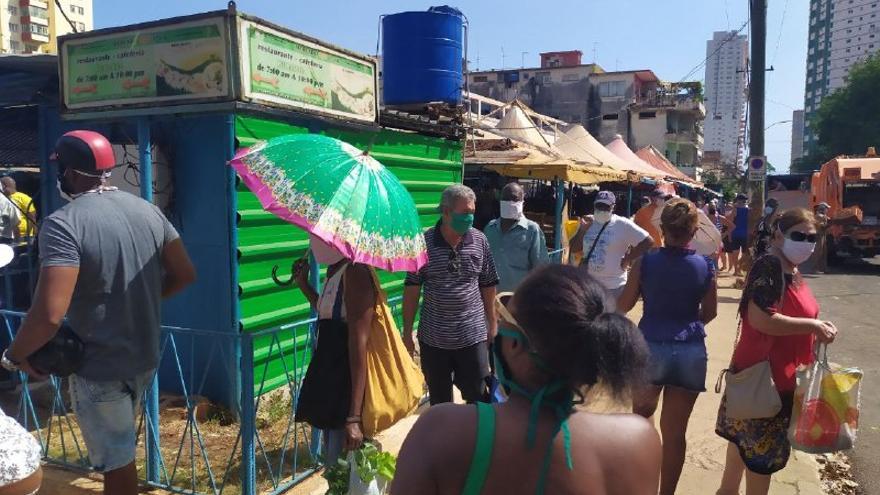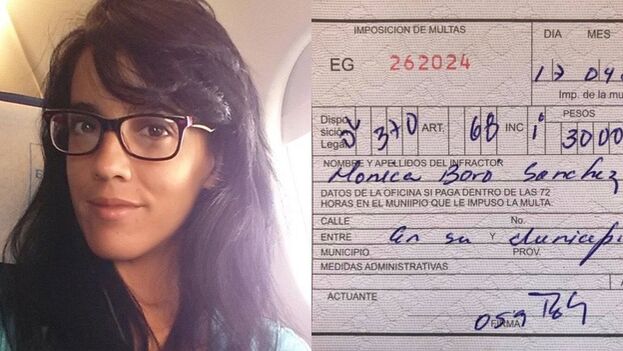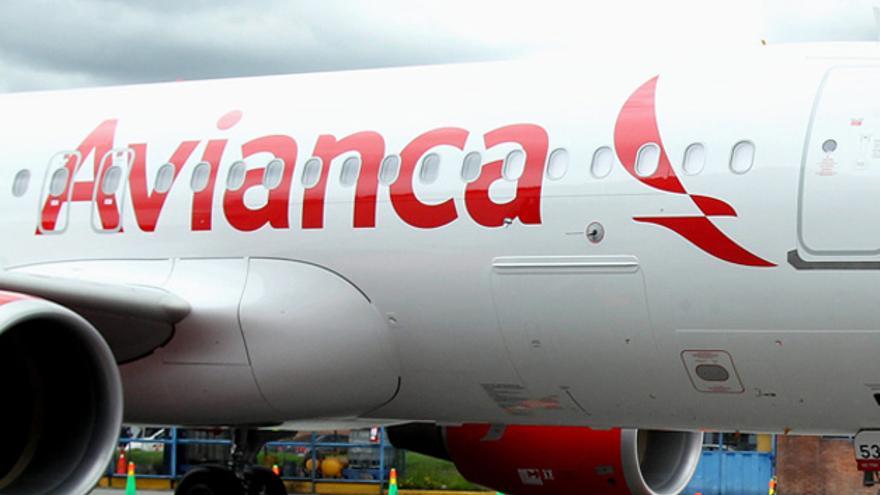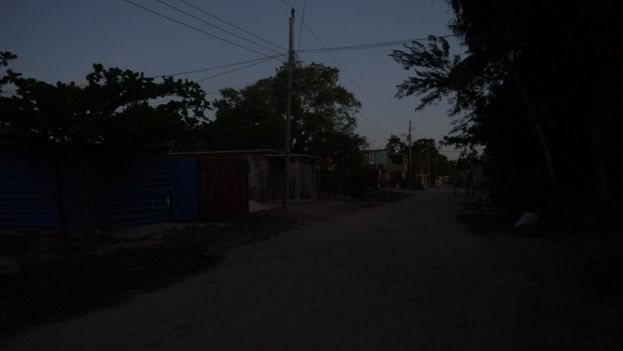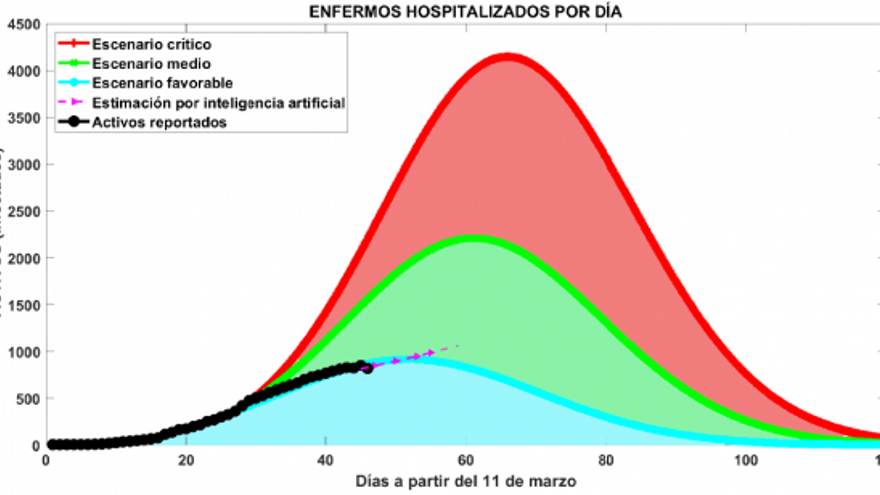
![]() 14ymedio, Havana, April 27, 2020 — Cuba will reach the peak of Covid-19 infection next week, in contrast to data offered by other sources, accord to the forecast of experts who evaluate for the government. Although it initially was forecast that this peak would be reached toward the end of May, results from the preventive steps taken allow for moving up the date if the restrictions that are in force are kept, according to specialists interviewed by the official press.
14ymedio, Havana, April 27, 2020 — Cuba will reach the peak of Covid-19 infection next week, in contrast to data offered by other sources, accord to the forecast of experts who evaluate for the government. Although it initially was forecast that this peak would be reached toward the end of May, results from the preventive steps taken allow for moving up the date if the restrictions that are in force are kept, according to specialists interviewed by the official press.
“This is a cautious forecast which depends on the evolution of the sickness in the next few days,” warned Raúl Guinovart Díaz, Dean of the Faculty of Mathematics and Computing at the University of Havana, during an extended report published today in Cubadebate in which he shelled out the official data, illustrated with graphs.
According to these figures, Cuba should have a minimum of 1,500 cases and a maximum of 2,500, this expert says, although he emphasizes that if the present conditions are relaxed, the forecast could change. continue reading
The evolution of the disease, with the official data available, coincides now with the forecasts of a group of Cuban experts in the United States who call themselves “Los Tocos” and who every day since the end of March have shared with 14ymedio their projections from a mathematical model. Nonetheless, these specialists lately have voiced their concern of a possible manipulation of data by the Cuban government.
“We are certain that the number of hospitalizations has been touched up, with a dual purpose — first, to avoid [the fact] that the performance of the Government could be monitored from the outside, and secondly, to allow an additional margin of time for liquidating the epidemic.”
Los Tocos noticed that something wasn’t quite right when, “The number of hospitalizations, which had been increasing vertiginously, decreased and the number of the cured rose inordinately.” According to these experts, it’s not easy to detect the fraud with the numbers of hospitalizations and cured because the authorities do not offer detailed information about these.
“The government manages two sets of statistics — the real one which is used for business purposes, and the gussied-up one for protecting itself and manipulating public opinion,” add Los Tocos. The change for arriving at the peak infection date may be laid to this. Until just a few days ago, the official sources were speaking of the twenty-eighth of May, but the new number of hospitalizations now allow them to advance the date to the third of May. On the other hand, Los Tocos estimate that the peak of the epidemic will arrive “around the fifteenth of May.”
In the interview published in Cubadebate, the dean of the Faculty of Mathematics and Computation explained that, according to the first available models, a more complicated scenario had been foreseen, with up to 4,500 active cases in a single day, which would overwhelm the normal capacity of the health system. Regardless, the positive effects of the steps taken in personal distancing was causing the scenario to change constantly, so that the predictions have improved in recent days.
“The curve was turning toward a more favorable scenario,” emphasized Guinovart.
Lizet Sánchez Valdés, mathematician and epidemiologist, gave nuance to the numbers and indicated that if the numbers of people tested increase, the figures could change due to detection in the asymptomatic. “Anyway, we don’t think it’s going to the critical scenario.”
Specialists have explained that the speed of propagation of the disease has become high, with a base reproduction number (number of additional people each infected person infects) of almost five. In order to control an infectious disease, this number has to fall below one, which is to say that each infected person has to infect fewer than one other.
“Generally, when an epidemic begins, the base reproduction number often is high,” said Guinovart. “Little by little, it’s been going down since the measures taken; it stabilized at one, then rose somewhat due to the event at the senior home in Santa Clara. Being this was such a localized event, it did not affect the figures at national level very much. Meanwhile, Havana was complicated, but after the restrictive measures, this parameter is close to a “one”, maintains the expert.
The predictions that are made around the world help governments make decisions according to the evolution of the pandemic, since such complicated scenarios demand drastic measures. However, if changes show up in the control of the disease, one can consider relaxing the confinement in order to re-activate the economy.
Guinovart vouches for the role of mathematics and statistics in this pandemic. “We think, in our modest opinion, that we have helped in decision making,” he believes.
Sánchez Váldez, moreover, took the opportunity to ask the Government and the population to follow carefully the recommendations that have been made. “The final message to the population is that if they do not adhere to the measures of social isolation, the model can again increase, and we can go to a critical scenario. The model is working as of now, but we all are responsible for it. The epidemic is becoming vulnerable to the actions that are being taken, but this depends on social behavior and governmental steps. The model is showing that we can change the course of the epidemic,” she concludes.
Translated by: Pedro Antonio Gallet Gobin
______________
COLLABORATE WITH OUR WORK: The 14ymedio team is committed to practicing serious journalism that reflects Cuba’s reality in all its depth. Thank you for joining us on this long journey. We invite you to continue supporting us by becoming a member of 14ymedio now. Together we can continue transforming journalism in Cuba.

